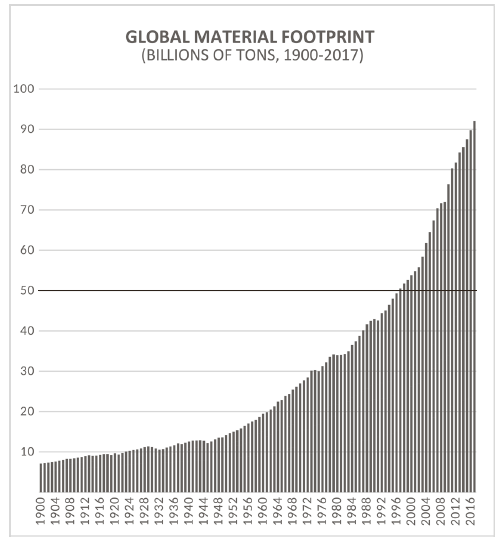
Transparency International has just released its corruption report for 2020. Once again it paints rich nations as innocent, ignoring their role in illicit financial flows, secrecy jurisdictions, arms trading, covert interventions, and self-dealing at the WB and IMF. #CPI2020
Corporations and financial institutions in rich nations are responsible for the vast majority of money that's lost to corruption in the global economy each year. We need to set the record straight. I've written about this here: aljazeera.com/opinions/2014/…
And I joined @CitationsPod for an in-depth discussion of this issue here: soundcloud.com/citationsneede…
In the first few minutes of the show @WideAsleepNima and
@adamjohnsonNYC deliver a devastating indictment of Transparency International and their ties to the US government and multinational capital.

@adamjohnsonNYC deliver a devastating indictment of Transparency International and their ties to the US government and multinational capital.


Seeing the UK ranked as one of the least corrupt countries in the world is particularly galling after a year in which the government handed out unprecedented quantities of public money to cronies and politically-connected firms in the form of covid contracts.
• • •
Missing some Tweet in this thread? You can try to
force a refresh





